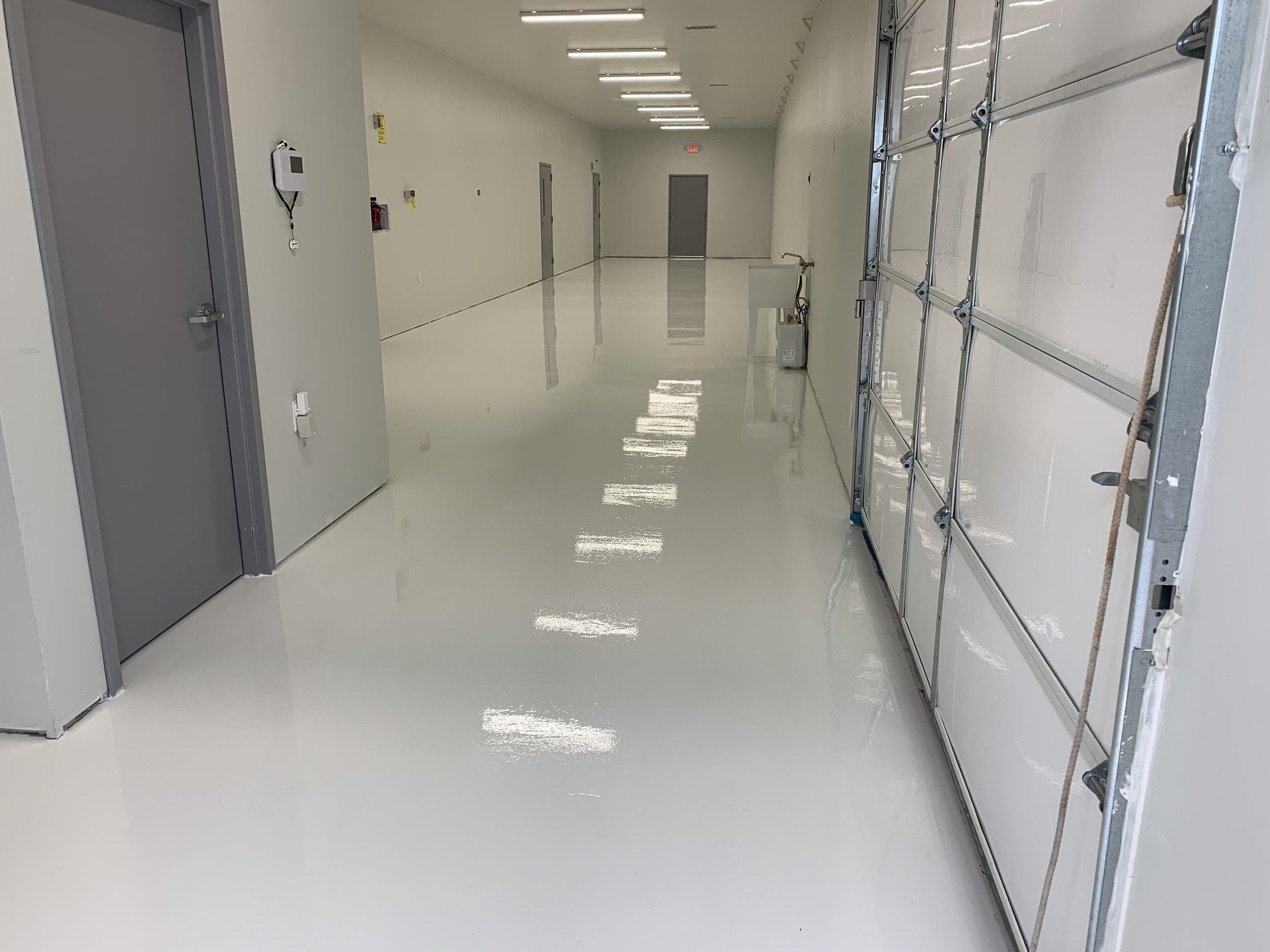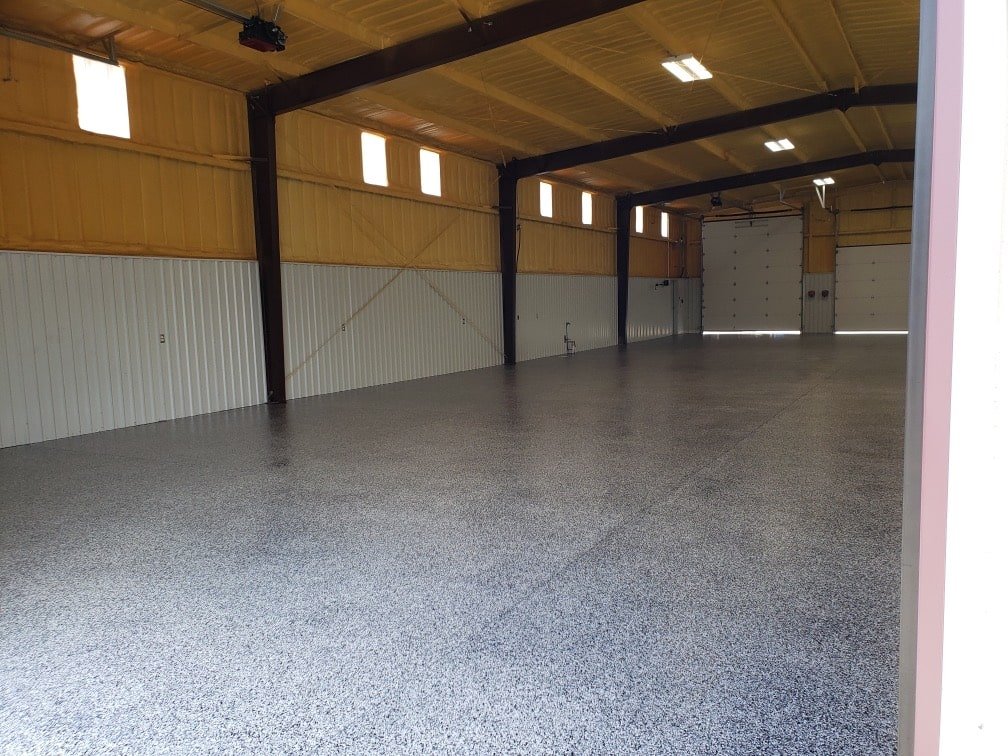The Ultimate Guide to Maintaining Your Factory Flooring
Factories are hubs for production and manufacturing that churn out products for consumption across industries. The quality of these products can often be traced back to the quality of the factory's flooring. Maintaining your factory flooring is vital for productivity, safety, and aesthetic appeal. If you are a homeowner or business owner in Oklahoma City who wants to keep your factory flooring in top condition, this ultimate guide has got you covered.
Understand Your Floor Type
The first step in maintaining your factory flooring is understanding what type of floor you have. Factory floors can be made from several materials like concrete, epoxy, or resin. Different floors require different types of maintenance, so knowing your floor type reduces the risk of using the wrong cleaning solution or technique. Concrete floors need to be polished to avoid wear and tear caused by heavy machinery, while epoxy floors require a gentle cleaning solution with a neutral pH.
Regular Cleaning is Key
Regularly cleaning your factory flooring significantly reduces its wear and tear. Sweeping and mopping your floors daily can remove debris, dirt, and spills that can damage your floors. In the absence of proper cleaning, these contaminants can create safety hazards, such as slips, trips, and falls, which can lead to severe injuries or even death. Chemicals like oil and grease are common spillages in factories and can be cleaned using a degreaser. Daily cleaning of your factory flooring helps prevent undue wear and tear and prolong their lifespan.
Pay Attention to High-Traffic Areas
High traffic areas on your factory floors like doorways, paths to the break room, and production lines can wear down faster than other areas. As such, it is essential to pay attention to these areas and clean them regularly. Utilizing a suitable flooring system in these high-trafficked regions, such as industrial mats or rubber flooring, can even out the wear and tear and save you from making costly repairs or replacements.
Repair and Replace Damaged Flooring
Keeping your factory flooring in perfect condition includes timely repair of any damages you may notice. Small damages like cracks, chips, or peeling can worsen quickly if left unattended, which could lead to the need for expensive repairs or replacements. The moment you notice any damages, call a professional flooring contractor to inspect and repair it. If it’s beyond repair, you may need to replace the entire flooring system. Investing in quality flooring products is crucial in a high-traffic factory space.
Prevent Future Damage
Preventing future damage to your factory flooring is a wise choice. Installing proper walking areas and trails, or prohibiting the use of high heels, can help prevent scratches and unsightly marks on your floors. Routinely checking for moisture in your factory as well as investing in industrial fans and dehumidifiers can help prevent erosion and moisture-related damages.
Conclusion:
The health of your factory flooring affects the productivity, safety, and aesthetic of your factory. Routine maintenance, understanding your floor type, keeping high-traffic areas in check, timely repair and replacement, and preventive measures, are all strategies to prolong the lifespan of your factory flooring. As a homeowner or business owner in Oklahoma City, keeping this ultimate guide in mind will help you keep your factory flooring in top condition and save you from incurring costly repairs and replacements.



